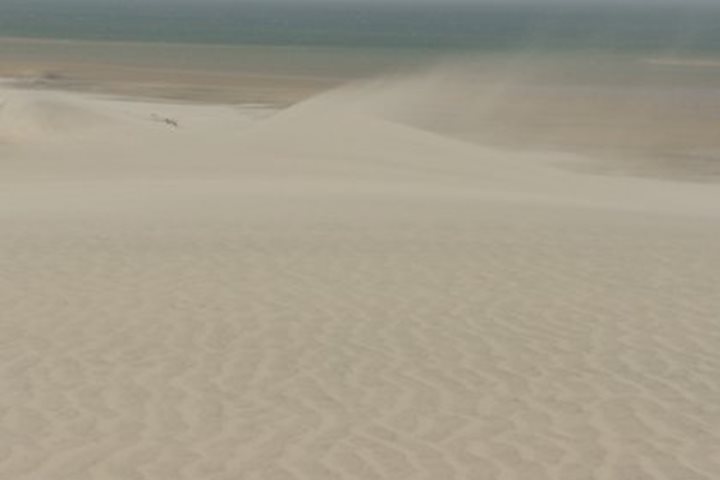Yesterday we visited two of the best preserved slave castles in West Africa, the former British slave-holding centre at Cape Coast and the earlier Portuguese fort at Elmina, both dramatically situated facing the open Atlantic ocean; the former with its evocative “Door of No Return” through which slaves were processed for transfer to slave ships that would take them into exile in the Americas.
Our destination at sea today is Monrovia (named after President Monroe), capital of Liberia, a colony established for free slaves from the United States which had quickly followed Britain’s lead in abolishing the slave trade in the first decade of the nineteenth century. Liberia’s first present, Joseph Jenkins Roberts, was a born to the slave mistress of Welsh planter in Virginia, one Mr. Jenkins. Following our visit to Liberia we plan to visit the former British colony of Sierra Leone, also established as a place to re-settle freed slaves with its capital of Freetown.
The eighteenth century saw the triangular trade of the Atlantic rise steadily to a peak of profitability. Industrial goods from Britain, the first modern industrial nation, were sold in West Africa in exchange for a human cargo. Slaves were then transported across the Atlantic – the notorious Middle Passage – before being offered for sale to plantation owners in the Americas. There they worked in monocultures: cotton, cocoa, bananas, tobacco and – hardest but most profitable – sugar, under the mercantilist system which prevented the colony from adding value to the finished product turning. These products were shipped to the Atlantic ports of Europe – Liverpool, Glasgow, Bristol in Britain; Nantes, La Rochelle Bordeaux in France where the fortunes made were reflected in architectural splendor and a flourishing banking sector that in turn fuelled the progress of the new industries.
William Wilberforce, prime mover in the Abolition Society that campaigned against the slave trade in Britain, once replied to a hostile questioner at a meeting in Liverpool that every brick in the city had been cemented with a Negro’s blood. A contemporary in Nantes commented that every cup of sweetened coffee contained drops of Negro blood. The success of the Abolition Society, the world’s first single-issue pressure group, was in many ways remarkable, not least because abolition occurred in Britain at the height of the slave trade’s profitability. Within a generation British and American naval vessels were patrolling the coast of West Africa in an attempt to suppress the slave trade internationally and the two colonial settlements for freed slaves had been established. With one chapter in European involvement in African history now closed, a new one was set to open that saw Europeans embark on exploration followed by wholesale colonization of the continent.









